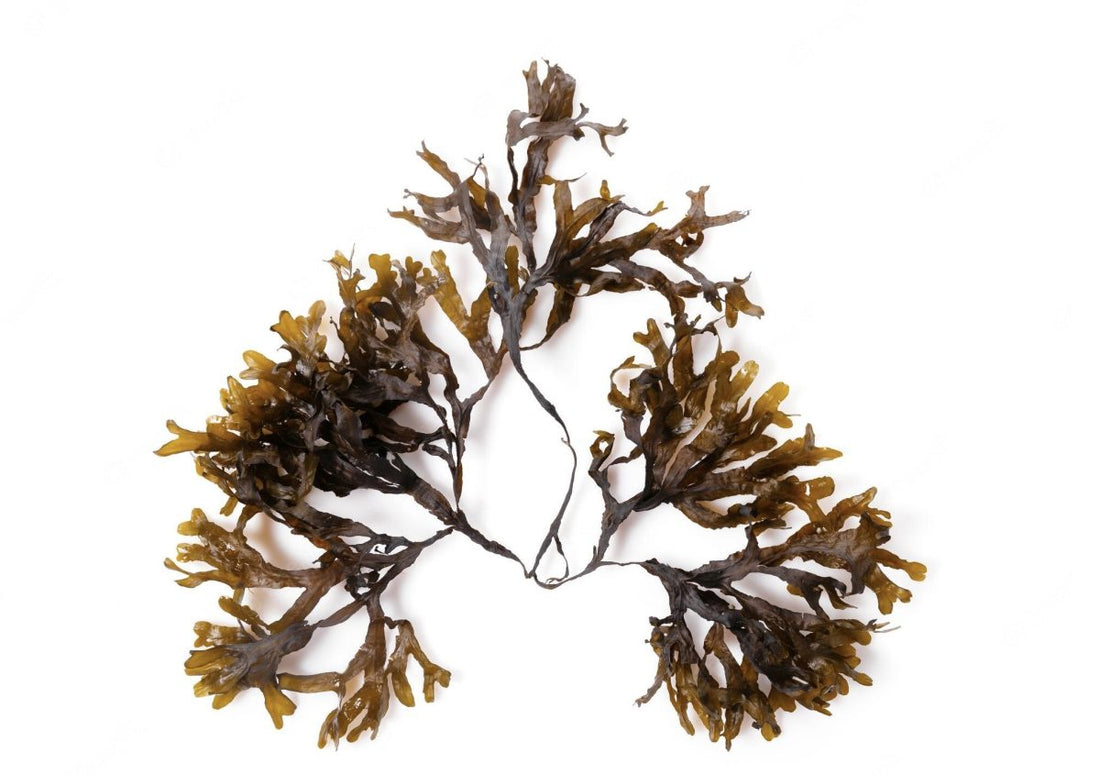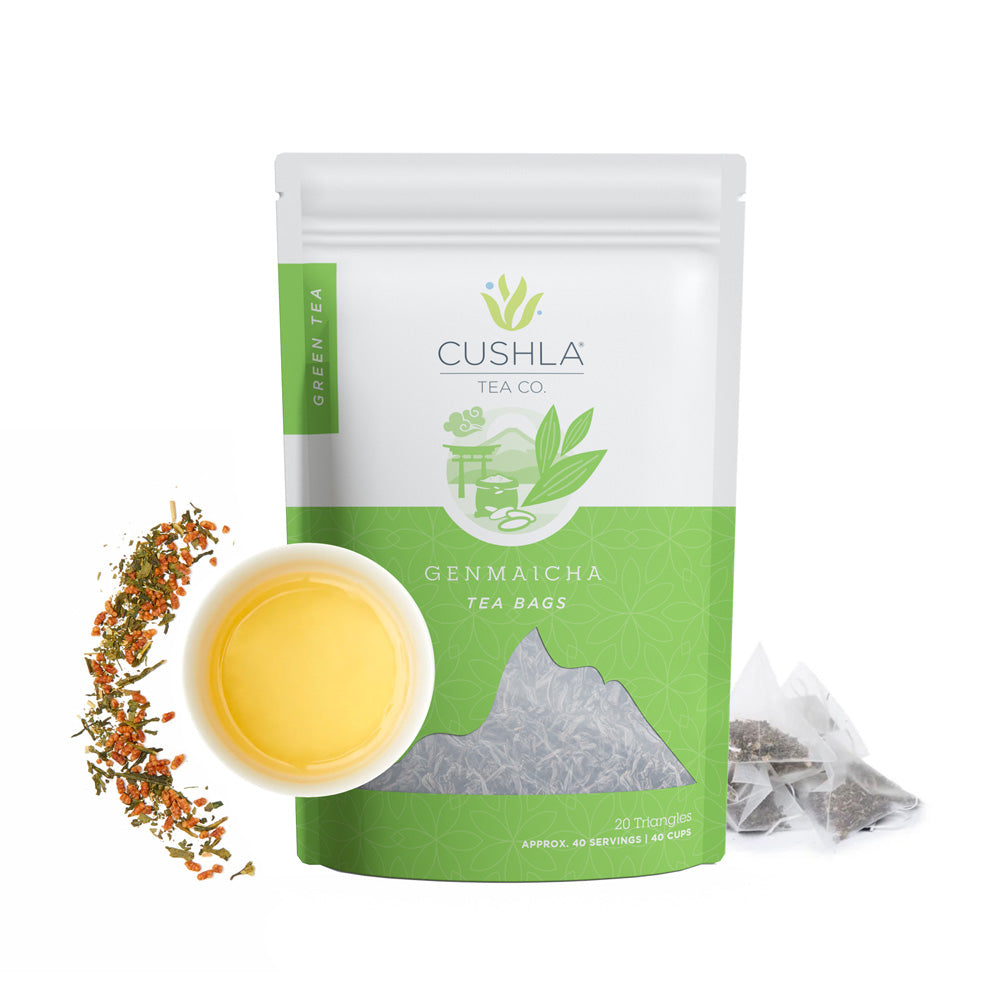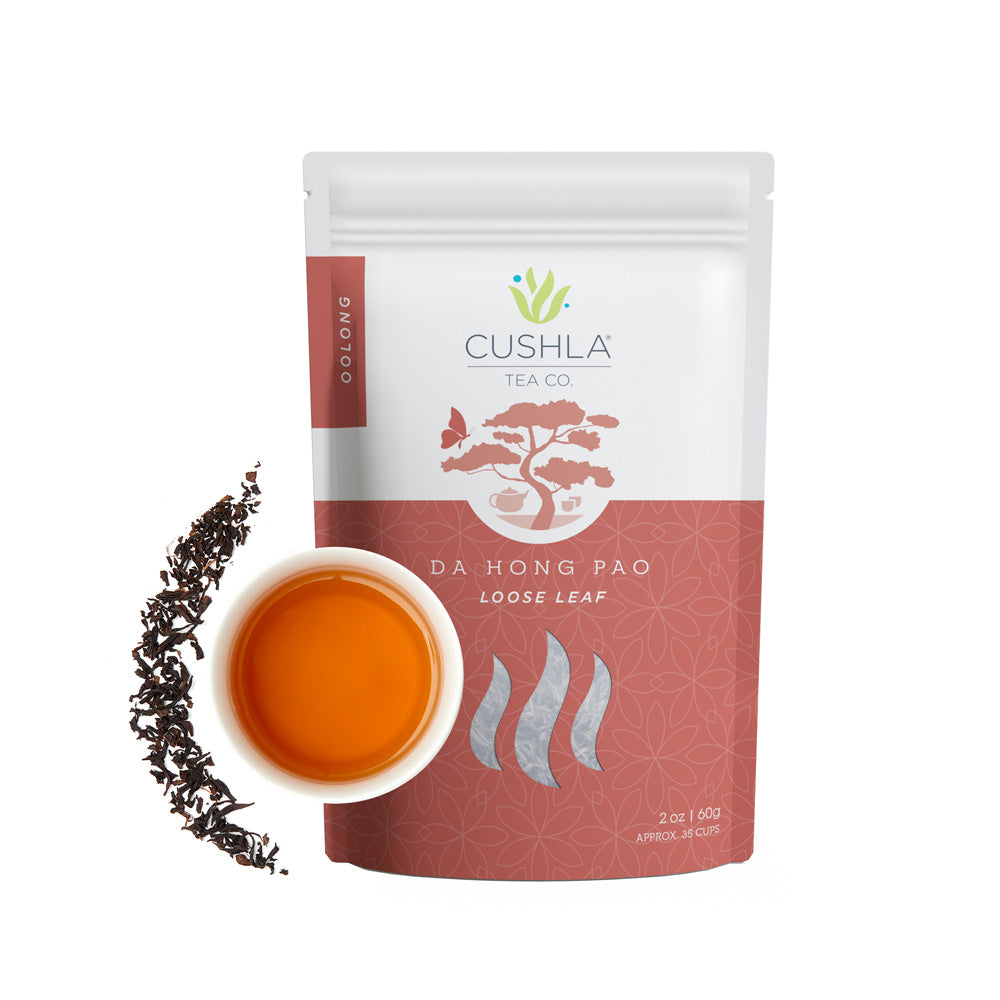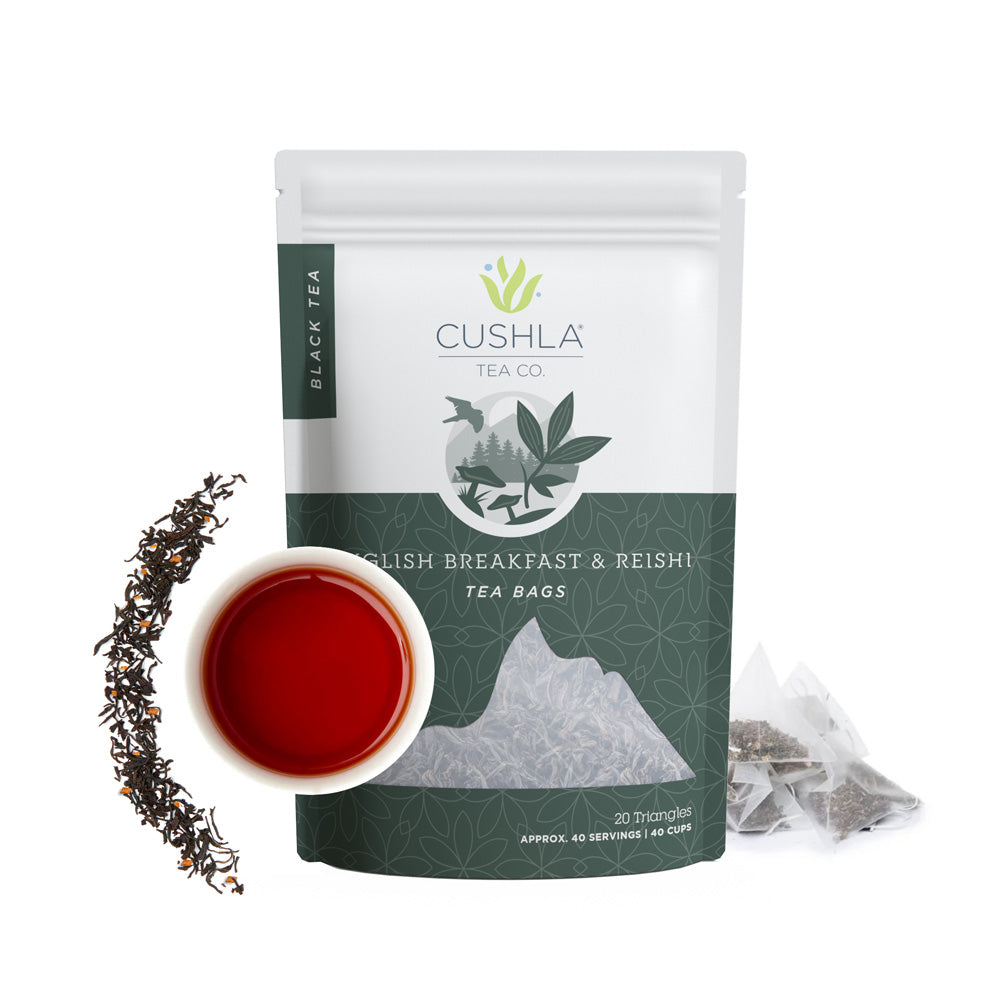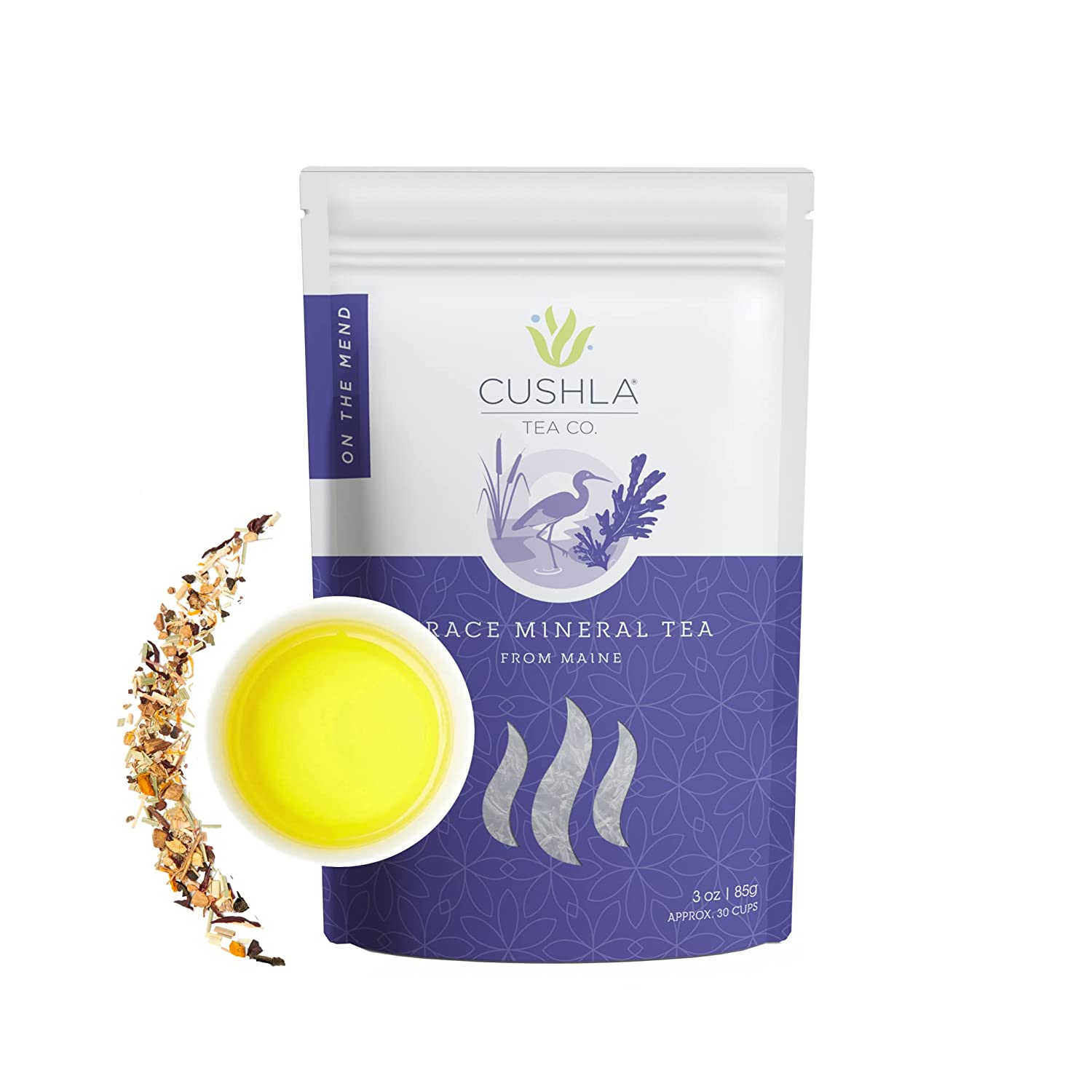Seaweed tea, also known as kelp, is a traditional beverage made from dried seaweed, typically kelp or dulse. It is a popular drink in coastal regions of Japan, Korea, and China, where seaweed has been a dietary staple for centuries. In recent years, seaweed tea has gained popularity as a healthful alternative to traditional teas and as a source of important nutrients.
One of the main benefits of it is that it is rich in minerals, particularly iodine, which is essential for thyroid function. Seaweed is also a good source of iron, calcium, and zinc. Additionally, seaweed contains high levels of antioxidants, which can help protect cells from damage caused by free radicals.
Seaweed tea is also believed to have anti-inflammatory properties and may be beneficial for those with autoimmune conditions or inflammatory diseases such as rheumatoid arthritis. Seaweed is also known to be a great source of protein, which is important for repair and growth of cells in the body.
Seaweed tea can be made by steeping dried seaweed in hot water, or by adding dried seaweed to traditional blends. The flavor of seaweed tea is unique and can be described as a combination of ocean and seaweed. It has a savory taste with a slightly briny taste. It can be enjoyed plain or with a small amount of honey or lemon.
Seaweed tea is not widely produced, and it can be difficult to find in some areas. However, it is becoming more widely available in recent years and can be found in some specialty tea shops and online retailers. To ensure that you are purchasing authentic seaweed tea, it is important to look for products that are made from high-quality seaweed and are labeled as “kelp” or “dulse” and are sourced from the coastal regions of Japan, Korea, and parts of the USA.
It is important to note that excessive intake of iodine, therefore it’s important to consult with a doctor before incorporating seaweed tea or other seaweed products into your diet.
In conclusion, Seaweed tea, also known as kelp tea, is a traditional beverage made from dried seaweed, typically kelp or dulse. It is a popular drink in coastal regions of Japan, Korea, and China, where seaweed has been a dietary staple for centuries. It is rich in minerals, particularly iodine, which is essential for thyroid function. Seaweed is also a good source of iron, calcium, and zinc. Additionally, seaweed contains high levels of antioxidants and may have anti-inflammatory properties. It has a unique flavor and can be enjoyed plain or with a small amount of honey or lemon. It is important to purchase from reputable sources and to be mindful of the excessive intake of iodine.

